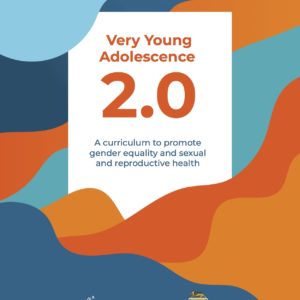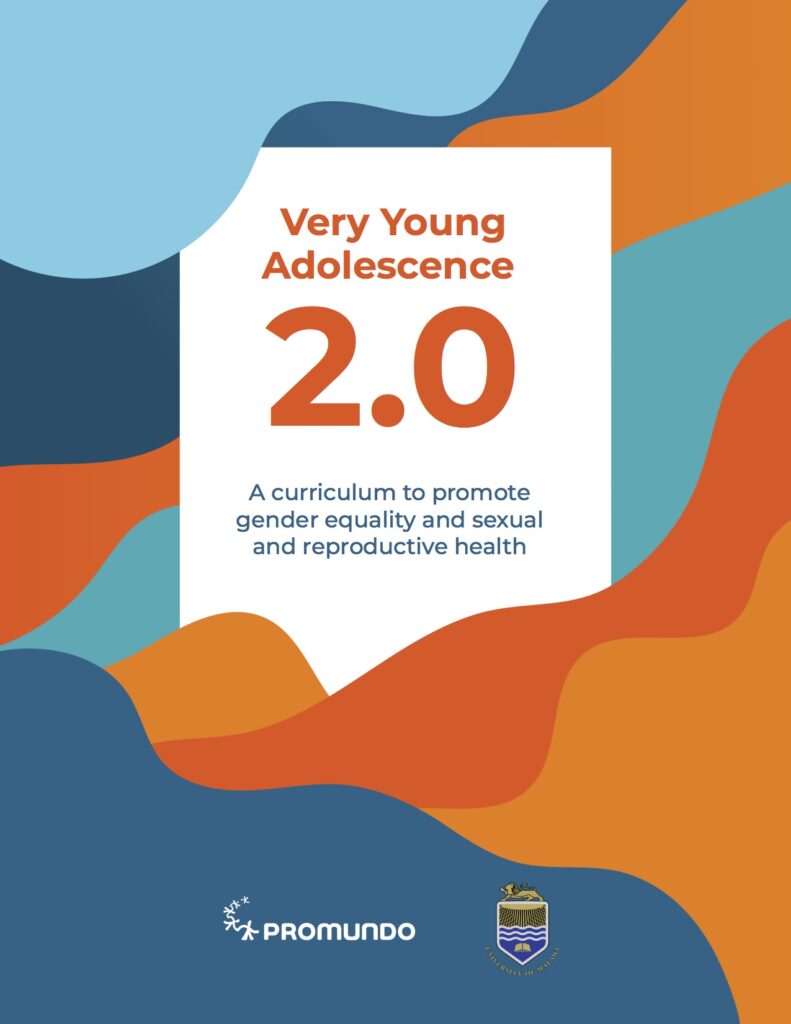The period of adolescence is now widely recognized as an important time of transition into young adulthood, in which most young people begin to achieve puberty, turn increasingly to peers as reference points, and experiment with social risk-taking behavior. A deeper understanding of how gender norms are shaped and manifest in early adolescence is needed, as are innovative and effective approaches to transform norms and improve sexual and reproductive health outcomes.
By participating in this 12-session curriculum, boys and girls will be able to: (1) Recognize and question unequal relations of power and privilege that undermine very young adolescents’ well-being; (2) Recognize and challenge harmful gender norms in order to promote girls’ agency and empowerment and boys’ care and connection to others; (3) Learn to appreciate the sexual and reproductive changes happening to their bodies in age-appropriate and “body positive” ways; and (4) Recognize violence and develop the skills to challenge and prevent it.
This is a 12-week program targeting students (ages 11 to 14) and informed by experts on early adolescent development, findings from the Global Early Adolescent Study, and a round of pilot testing in Malawi. Though the activities speak to Malawian youth, they are adaptable to almost any setting. The program is designed for implementation in mixed and single-sex groups as an after-school program using trained facilitators. It could also be implemented as part of the school curriculum. The curriculum is comprised of interactive activities, case discussions, collaborative projects, and discovery learning exploring gender inequalities and their consequences.
The curriculum is available below in English and Chichewa.
Resources
Chichewa
Very Young Adolescence 2.0: A curriculum to promote gender equality and sexual and reproductive health
PDF PreviewEnglish
Very Young Adolescence 2.0: A curriculum to promote gender equality and sexual and reproductive health
PDF Preview
